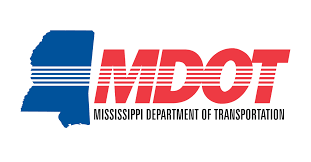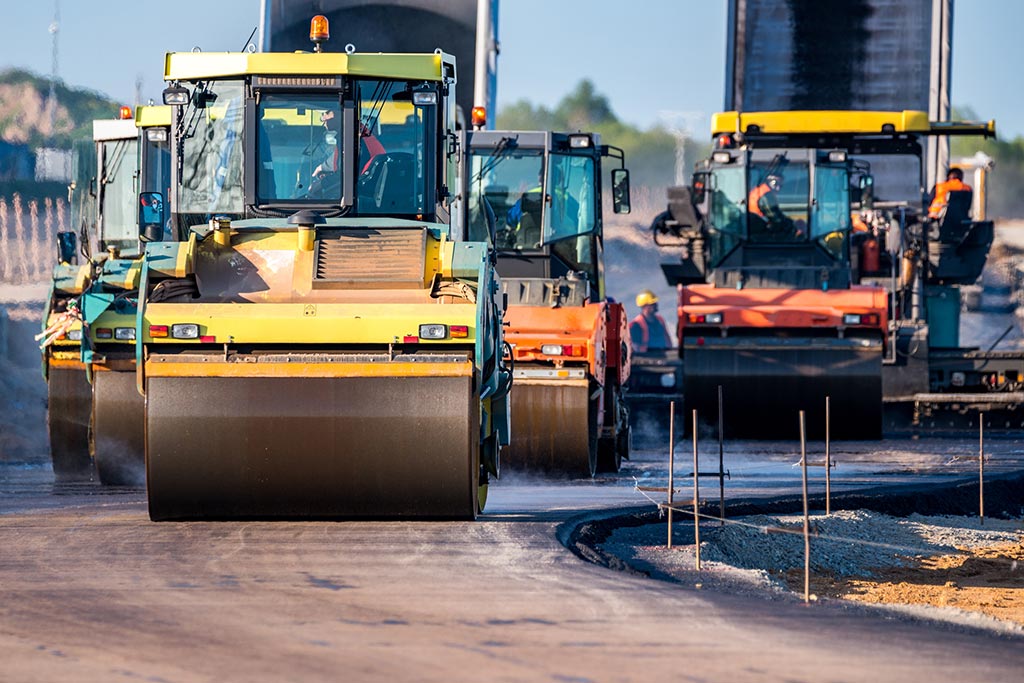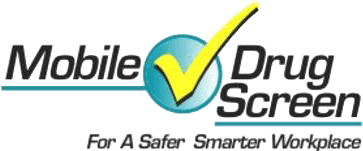Differences Between DOT and Non-DOT Drug Testing: What Employers Should Know

Employee drug testing can be extremely important to workplace safety and compliance, regardless of what industry you’re in. However, in certain industries, impaired performance can pose a significant risk to employees and everyone around them. For employers that work within the scope of the Department of Transportation, regular drug testing is essential to maintaining safety on the roads, and the drug-testing process for these jobs can differ significantly from standard employee drug testing. Keep reading to learn how DOT drug testing in Jackson, MS, differs from non-DOT drug testing, and why these differences should matter to employers.
Understanding DOT Drug Testing
The DOT drug testing program is regulated by the Department of Transportation; those regulations apply to industries like aviation, trucking, railroads, mass transit, and more. The DOT requires employers to conduct drug and alcohol testing for any and all employees that perform “safety-sensitive” duties. They require employers to perform a 5-panel drug test that screens for marijuana, cocaine, amphetamines, opiates (including heroin, codeine, and morphine), and PCP.
If you’re an employer in an industry that falls under the regulations of the DOT, you’ll need to perform this 5-panel drug screen in many different circumstances, including the following:
- Pre-employment
- Randomized testing
- Post-accident
- Reasonable suspicion of drug use
- Return-to-duty testing
- Follow-up testing
DOT tests also have a very strict chain of custody protocol to ensure accuracy and integrity of the results, and these results must be reviewed by a certified Medical Review Officer, or MRO to confirm that protocol was followed, as well as to handle any necessary follow-ups.
Understanding Non-DOT Drug Testing
Non-DOT drug testing applies to any employees that aren’t in an industry covered by DOT regulations. Typically, these programs are simply implemented at the employer’s discretion (though there are some other industries with drug testing requirements). Non-DOT drug testing can vary widely in how and when it’s performed.
Employers can customize their testing policies as it fits their company’s needs, including changing the drugs being tested for and the types of tests used. Non-DOT testing can even be expanded to include testing for additional substances like barbiturates and synthetic opioids. If you’re an employer in a non-DOT industry, you can decide when to conduct your drug testing, including during pre-employment or randomized testing.
Some state and local laws may require drug testing in non-DOT situations, so it’s important to know which regulations apply in your area. While it may not be federally mandated, maintaining a proper chain of custody and accurate records is still important for your business to avoid any disputes regarding the results.
 Key Differences between DOT and Non-DOT Drug Testing
Key Differences between DOT and Non-DOT Drug Testing
Now that you have a better understanding of what DOT and non-DOT testing look like, let’s dive a little deeper into the key differences between the 2:
- Scope and Applicability: DOT testing applies to safety-sensitive positions in federally regulated industries as mentioned earlier. Non-DOT testing applies to employees in other industries, as determined by the employer.
- Regulatory Oversight: DOT testing is subject to federal regulations, which means employers have no room for customizing or altering their drug testing protocols. Non-DOT testing is governed by state laws and allows for more flexibility in creating your policy.
- Testing Requirements: DOT testing must follow a standardized 5-panel test, but non-DOT testing can include additional substances, depending on your preferences as an employer.
- Documentation and Procedures: DOT testing must strictly follow federal chain-of-custody requirements. While chain-of-custody protocols are still strongly recommended in non-DOT testing, they’re not required.
- Use of MROs: Results from DOT drug tests must be reviewed by a Medical Review Officer. This requirement does not apply to non-DOT testing.
As an employer, it’s important to understand the differences between DOT and non-DOT testing, and which requirements apply to you as a business.
Legal Considerations for Employers
If you’re an employer in a DOT-regulated industry, it’s important to understand that failing to comply with their drug testing regulations can lead to severe consequences. This can include fines, loss of operating licenses, and damage to your company’s reputation. You should always stay up to date on federal regulations for drug testing, and ensure that you partner with a reputable drug testing provider who’s experienced in DOT-compliant drug testing.
For those employers that don’t fall under the jurisdiction of the DOT, make sure that you’re adhering to state and local laws, which may have specific requirements about notifying employees, obtaining consent, and handling test results. You’ll also need to ensure your drug testing policy aligns with ADA and anti-discrimination laws.
Partnering with a Professional Drug Testing Provider
Managing drug testing programs can be complex, especially if you fall under the requirements of the DOT. Partnering with an experienced provider can help ensure compliance, accuracy, and efficiency. At Mobile Drug Screen, we specialize in both DOT and non-DOT drug testing services. We offer comprehensive solutions that are tailored to meet your company’s specific needs, including expert guidance on DOT regulations and flexible options for non-DOT testing. Our mobile testing services provide both convenience and efficiency, while our state-of-the-art testing facilities and certified professionals provide accurate and reliable results.
For employers looking to implement DOT drug screening in Jackson, MS, there is no partner more trusted in the area than Mobile Drug Screen. Contact us today to learn more about our mobile drug-testing options and how we can help you establish a trusted drug-testing protocol. We’ll come to your place of work to provide convenient testing any time it’s needed, all while adhering to the DOT’s strict protocols so that you can remain compliant. For trusted DOT and non-DOT drug testing, look no further than the experts here at Mobile Drug Screen.
